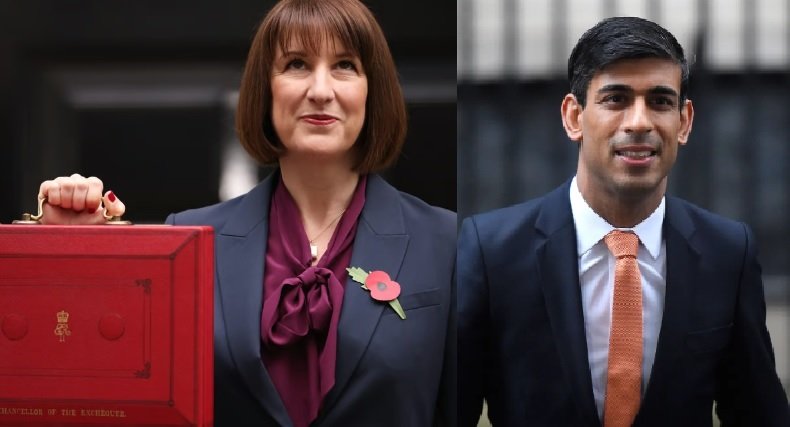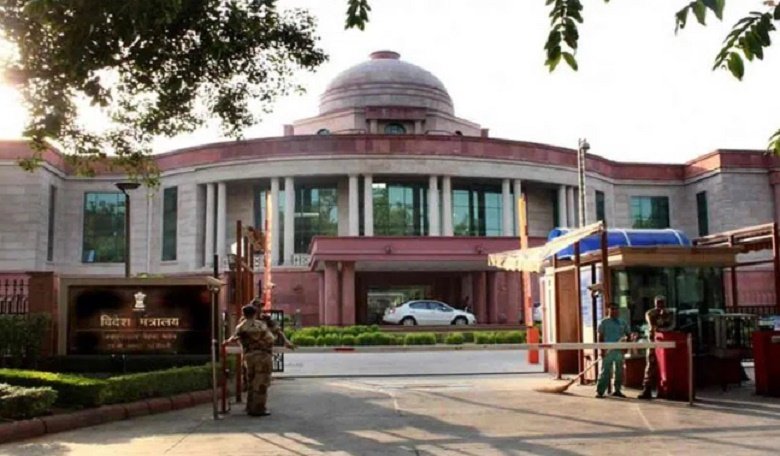On Wednesday, the Labour party tabled its first budget. The United Kingdom’s first female Chancellor of the Exchequer, Rachel Reeves, in her inaugural budget statement since the party’s general election victory with a central “rebuild Britain” theme and a pledge to “invest, invest, invest” through 40-billion pounds (USD 52 billion) in tax rises. Reeves set out that the country had “voted for change” and “responsible leadership” and continued to attack the “irresponsibility” of the previous Rishi Sunak-led government.
The budget as expected was a burden on people especially for those who can afford to be taxed. Earlier, UK Prime Minister Keir Starmer announced that his government’s first budget in just over two months will be “painful”, asking the country to “accept short-term pain for long-term good”. “There is a budget coming in October, and it’s going to be painful,” Starmer said. “Those with the broadest shoulders should bear the heavier burden,” he added, hinting at tax rises for some after October 30.
Starmer insisted the UK must look beyond tinkering with taxes and that growing the economy remained the “number one mission.”
Reeves unveiled a debut budget plan that includes £40 billion ($51.8 billion) worth of tax rises to plug a hole in the public finances and allow for investment in public services. A hike in the amount employers pay out in National Insurance (NI) — a tax on earnings. British Finance Minister Rachel Reeves also detailed increases to capital gains tax and private school fees, a freeze on fuel duty and the abolition of the ‘non-dom’ tax.
Reeves further announced plans to catalyze £70 billion of investment through the National Wealth Fund, the U.K.’s newly created sovereign wealth fund.
Immediately after the Budget, UK Conservative Party leader and former Prime Minister Rishi Sunak came down heavily on Rachel Reeves’ Budget 2024, calling it an “enormous borrowing spree” filled with “broken promise after broken promise.” Sunak said Reeves’ policies represent a fundamental shift towards higher taxes and debt.
“Never in the history of our country will taxes be higher than they are under this Labour government,” he stated, emphasising that Labour had previously assured voters it wouldn’t raise taxes on working people.
During his address in the House of Commons, Sunak warned that the tax increases would “hobble growth,” citing Labour’s policies as the cause of declining business confidence and claiming a “tidal wave of anti-business measures” would soon impact enterprises.
Sunak condemned the borrowing measures and tax hikes, warning that the Budget unfairly targets small businesses, families, and young couples while placing a greater burden on energy and savings. He criticized Reeves’ proposal of increased National Insurance contributions for employers starting in April and additional taxes on small businesses, the energy sector, and young families. “The Labours are taxing your job, they are taxing your business, they’re taxing your savings. You name it, they’ll tax it,” said Sunak.
“This is to tax your earnings. Noting that the freeze on income tax and National Insurance thresholds would not extend beyond 2028, contrary to prior pledges,” remarked former prime minister.
“Sir Keir Starmer promised that Labour would not raise taxes during the election,” Sunak said. “Instead, they’ve broken that promise by increasing National Insurance.”
Sunak further accused Reeves of lacking a plan to control welfare spending, suggesting that “simply getting working-age welfare spending back to pre-pandemic levels” could have managed costs. “This is not her inheritance – they’re her choices,” he remarked, adding that Reeves had “failed to get a grip on public spending.”
The Budget outlines a £22.6 billion increase in the health budget, £5 billion for housing, and funding to extend the HS2 rail line to London’s Euston station. Sunak argued that Reeves is attempting to conceal the borrowing surge by “fiddling the fiscal rules” and claimed she had reversed her commitment not to alter debt targets.




